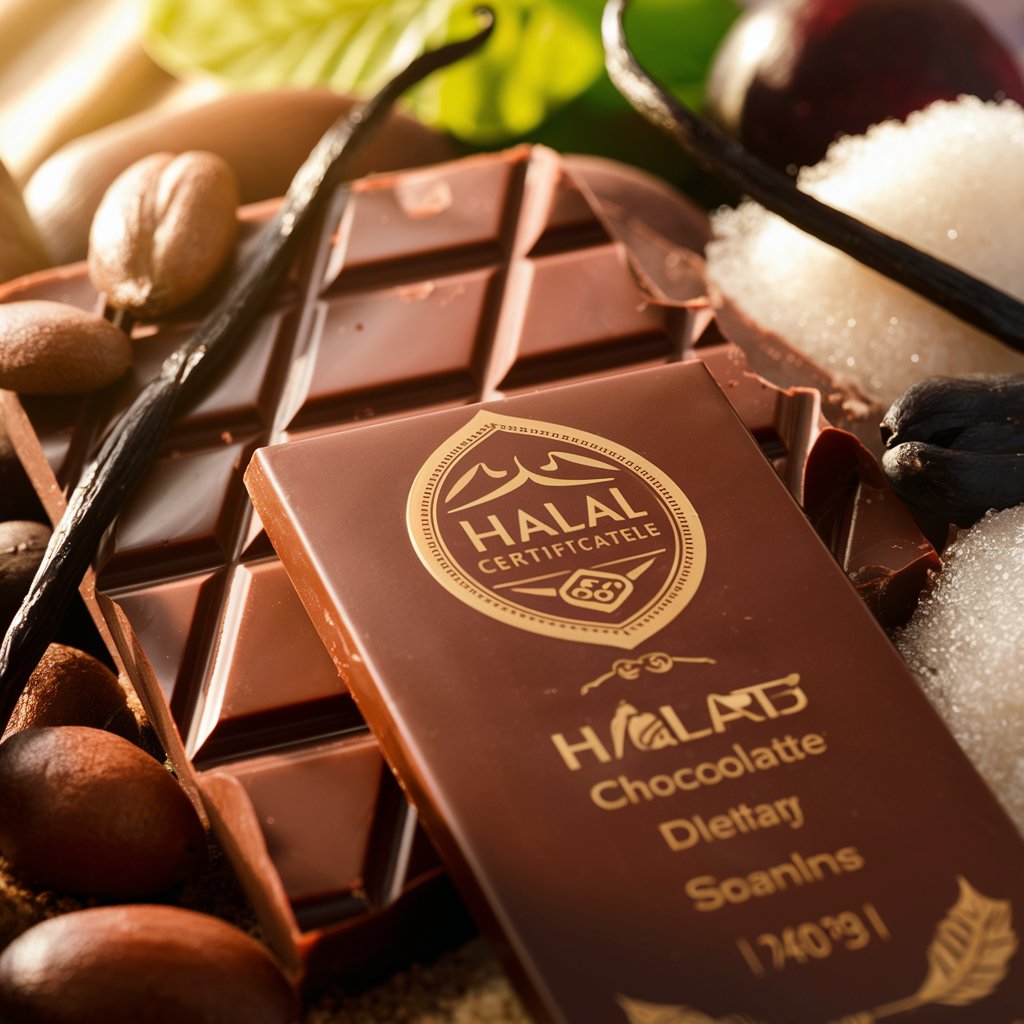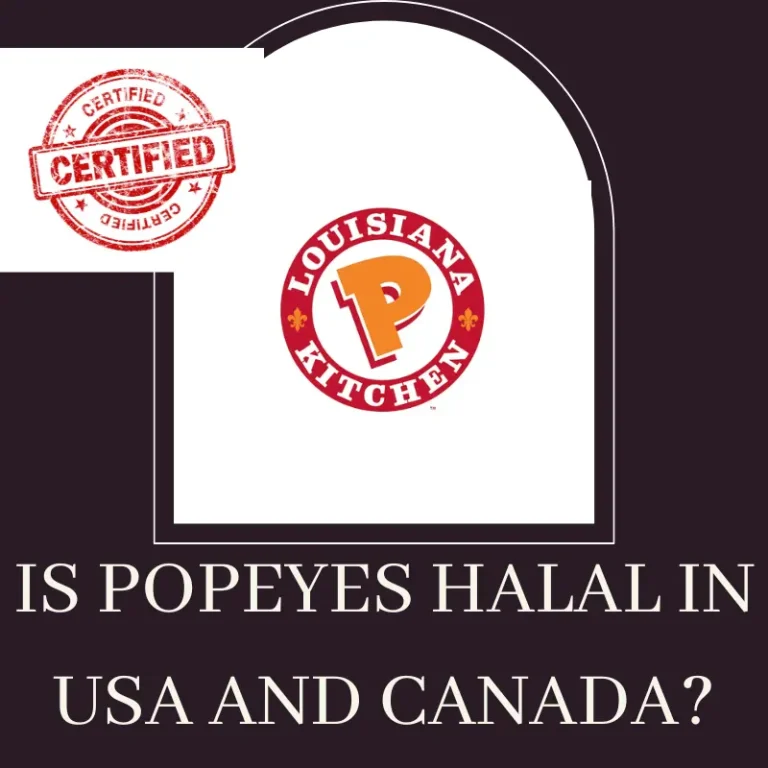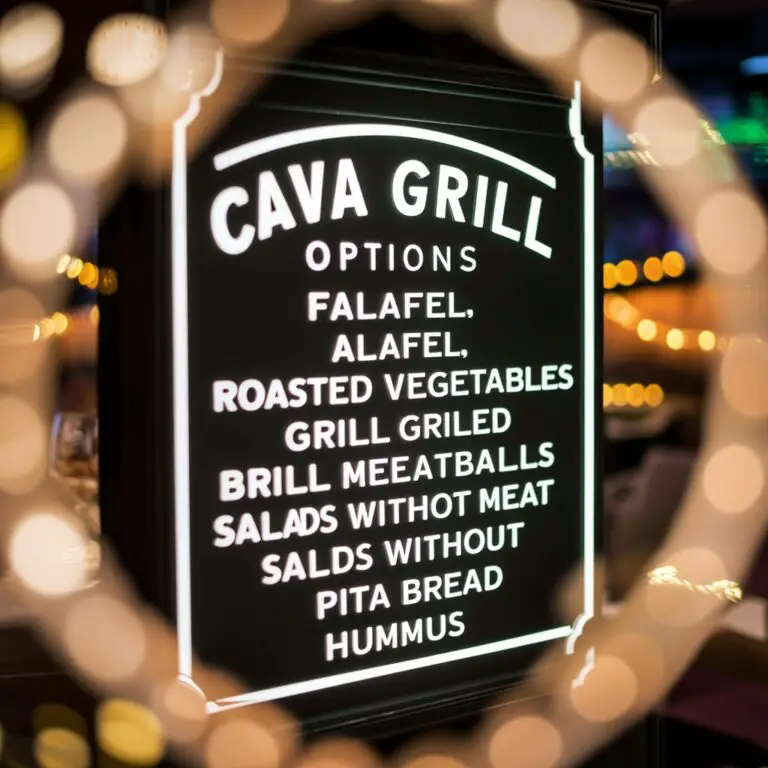Is Chocolate Halal?
What is Halal?
Before we dive into the specifics of chocolate, let’s first understand what “halal” means:
- Halal is an Arabic term that translates to “permissible” or “lawful” in English.
- In the context of food, halal refers to any food or drink that is permitted for consumption according to Islamic law (Sharia).
- For a food to be considered halal, it must be free from any components or ingredients that are deemed haram (forbidden).
Ingredients in Chocolate

To determine whether chocolate is halal, we need to examine its ingredients. A typical chocolate bar contains:
- Cocoa solids
- Cocoa butter
- Sugar
- Milk (in milk chocolate)
- Emulsifiers (such as soy lecithin)
- Flavorings (such as vanilla)
| Ingredient | Halal Status |
|---|---|
| Cocoa solids | Halal |
| Cocoa butter | Halal |
| Sugar | Halal |
| Milk | Halal if obtained from halal sources |
| Emulsifiers | Halal if derived from plant sources or halal animal sources |
| Flavorings | Halal if derived from halal sources |
As you can see, the main ingredients in chocolate are generally halal. However, there are some potential issues that we need to consider.
Potential Haram Ingredients
- Alcohol-based flavorings: Some chocolate manufacturers may use alcohol-based flavorings, such as vanilla extract or liqueurs. Alcohol is considered haram in Islam, so any chocolate containing these ingredients would not be halal.
- Animal-derived emulsifiers: Emulsifiers are used to blend the ingredients in chocolate and create a smooth texture. Some emulsifiers, such as E471 (mono- and diglycerides of fatty acids), can be derived from animal sources. If the animal source is not halal (e.g., pork), then the chocolate would not be considered halal.
- Gelatin: Some chocolate products, particularly those with a creamy filling, may contain gelatin. Gelatin is a protein derived from animal collagen, often from pigs or cattle. If the gelatin is sourced from a non-halal animal, the chocolate would not be halal.
Halal Certification
To ensure that a chocolate product is halal, consumers can look for halal certification on the packaging. Halal certification is granted by Islamic organizations that have reviewed the production process and ingredients to ensure compliance with Islamic law.
Some well-known halal certification bodies include:
- Islamic Services of America (ISA)
- Islamic Food and Nutrition Council of America (IFANCA)
- Halal Food Council of Europe (HFCE)
- Majelis Ulama Indonesia (MUI)
When a chocolate product bears a halal certification logo, it means that the manufacturer has undergone a rigorous audit process to verify that all ingredients and production methods are halal-compliant.
Frequently Asked Questions
1. Is dark chocolate halal?
Dark chocolate, which typically contains cocoa solids, cocoa butter, and sugar, is generally considered halal. However, it’s essential to check the ingredient list for any potential haram ingredients, such as alcohol-based flavorings.
2. Are all chocolate brands halal?
Not all chocolate brands are halal. Some manufacturers may use ingredients or production methods that are not permissible under Islamic law. It’s crucial to check the ingredient list and look for halal certification on the packaging.
3. Can Muslims consume chocolate liqueurs?
No, Muslims cannot consume chocolate liqueurs or any other products containing alcohol. Alcohol is strictly forbidden in Islam, regardless of the amount or form in which it is consumed.
4. Are chocolate-covered nuts or fruits halal?
Chocolate-covered nuts or fruits are generally considered halal, as long as the chocolate itself is halal and the nuts or fruits are not coated with any haram ingredients, such as alcohol-based flavorings.
5. Is white chocolate halal?
White chocolate, which is made from cocoa butter, milk, and sugar, is generally considered halal if the ingredients are sourced from halal suppliers. However, as with all chocolate products, it’s essential to check the ingredient list and look for halal certification.
Conclusion
In conclusion, chocolate can be considered halal if it is made from halal ingredients and produced using halal methods. The main ingredients in chocolate, such as cocoa solids, cocoa butter, and sugar, are generally permissible under Islamic law. However, consumers should be aware of potential haram ingredients, such as alcohol-based flavorings, animal-derived emulsifiers, and gelatin.
To ensure that a chocolate product is halal, consumers can look for halal certification on the packaging. This certification guarantees that the product has been reviewed and approved by an Islamic organization, verifying its compliance with Islamic dietary laws.
As with any food product, it’s essential for Muslims to exercise caution and diligence when consuming chocolate. By understanding the ingredients and production processes involved, as well as seeking out halal-certified products, Muslims can enjoy chocolate while adhering to their religious beliefs.








